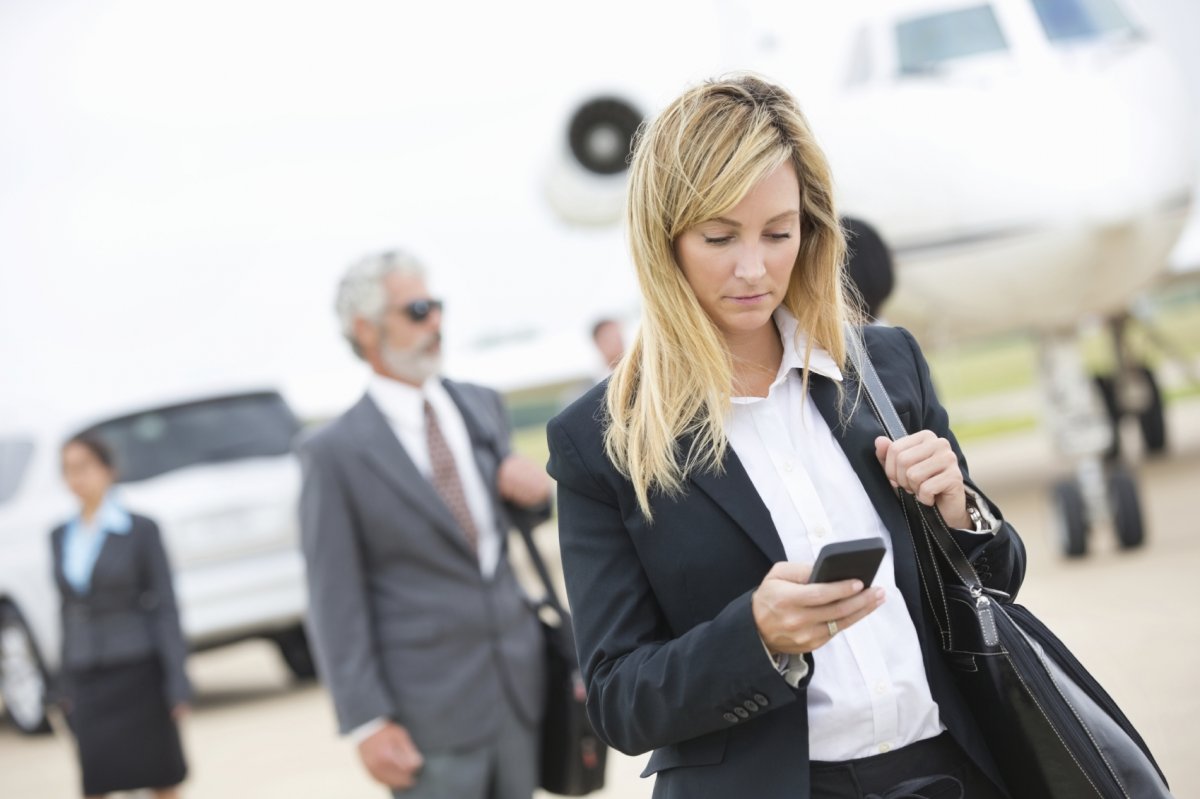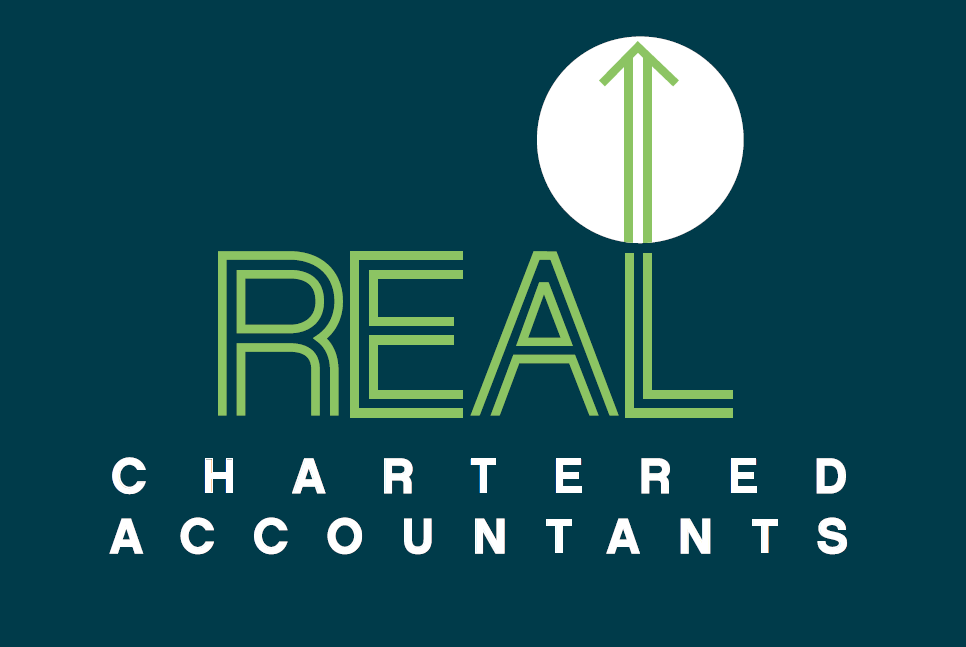NEWS
Claiming Expenses When Travelling for Work

Self-Employed:
If you are self-employed then you cannot usually deduct meal expenses. If, however, you are required to work in a remote location or unusual hours, you may be able to deduct the extra expense.
Employees and Shareholder-Employee:
You can claim for a lot of expenses when you’re travelling for work. If you take a holiday as part of the same trip, you can only claim for the portion of the trip that was work related.
When you’re away from home you can claim for expenses such as flights, taxis or mileage (if you use your own car for business travel), accommodation, some meals and snacks .
If you’re attending a work-related meeting, conference or training course that requires an overnight stay, you can claim the cost of accommodation, such as a hotel, Air Bnb etc.
If an employee is working away from home for an extended period, eg on secondment, you can claim for accommodation, or any accommodation allowance you pay, as long as they won’t be gone for more than two years (or three years for capital projects).
If you or one of your employees buys a meal while travelling on business, the cost is 100% deductible. However, you can only deduct 50% of the cost of food and drink if either:
- The trip is mainly for the purpose of enjoying entertainment, eg a team bonding trip.
- The meal or function involves an existing or potential business contact as a guest.
- A celebration where you won’t be working, eg a staff Christmas party.
- You or your employees can also claim for snacks and refreshments while they’re away if you normally provide these refreshments at work.
Overseas Travel
Keep detailed records if you’re travelling overseas on business if:
- You’re away on business but take a free half-day to enjoy exploring a new city, the personal part of the trip is incidental. You can claim all your travel expenses.
- You’re going on holiday but happen to meet up with a couple of business contacts while you’re there, the business part of the trip is incidental to the holiday. You can’t claim any of your travel expenses.
- If you combine a business trip with a holiday, you must split out your expenses and only claim the portion that relate to the working part of the trip.
- The best way to do this is to keep an itinerary or diary. It should provide enough information to calculate all your costs and make a reasonable split between business and personal expenses.
As well as all the usual records, you should keep:
- letters of introduction
- business contacts/cards
- details of firms visited and business conducted
- details of time out from the business itinerary for personal purposes.
Please contact us to ensure that you are claiming these types of expenses correctly.
Disclaimer
This information is intended to provide general advice only. We recommend you discuss your specific situation with your Accountant.









